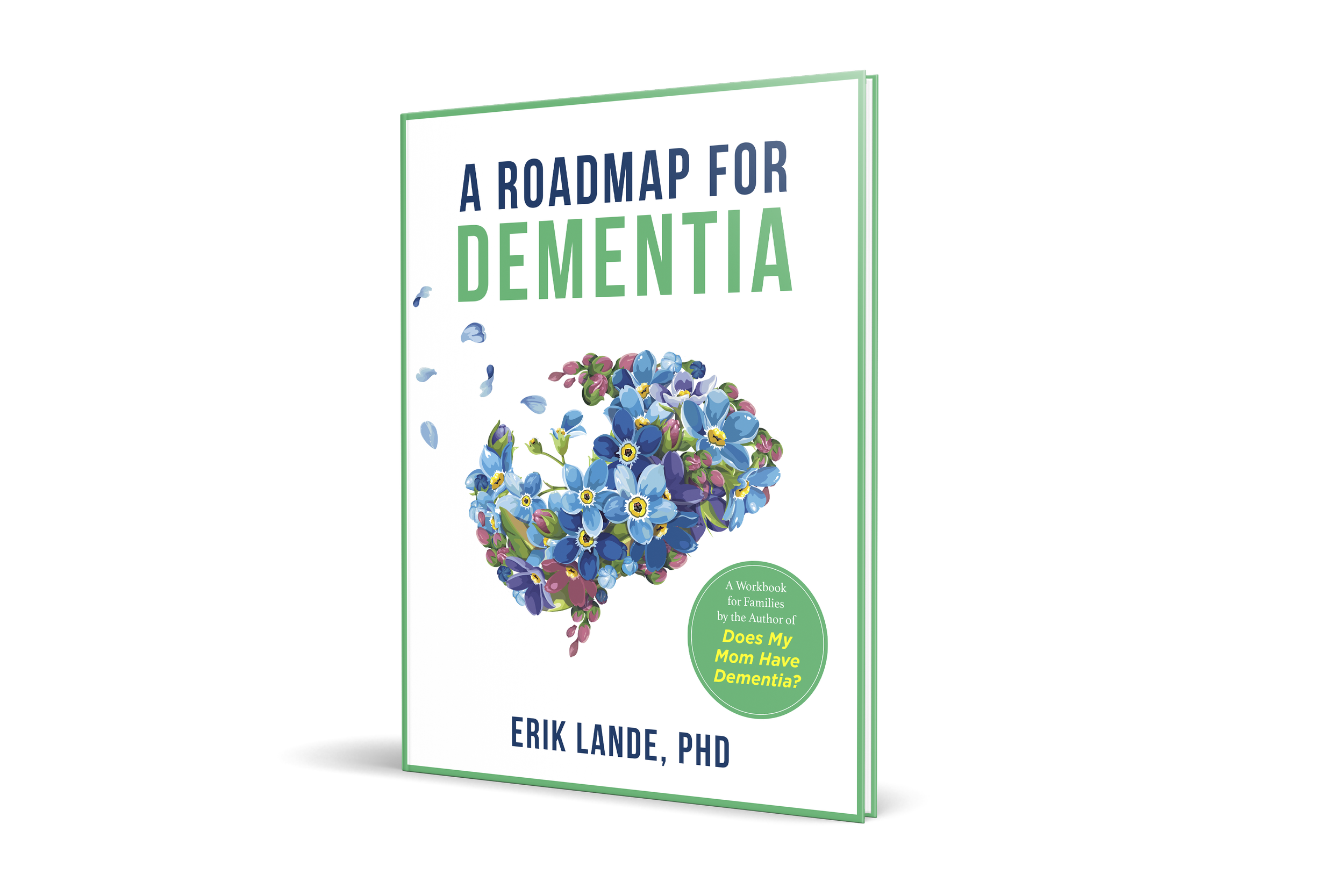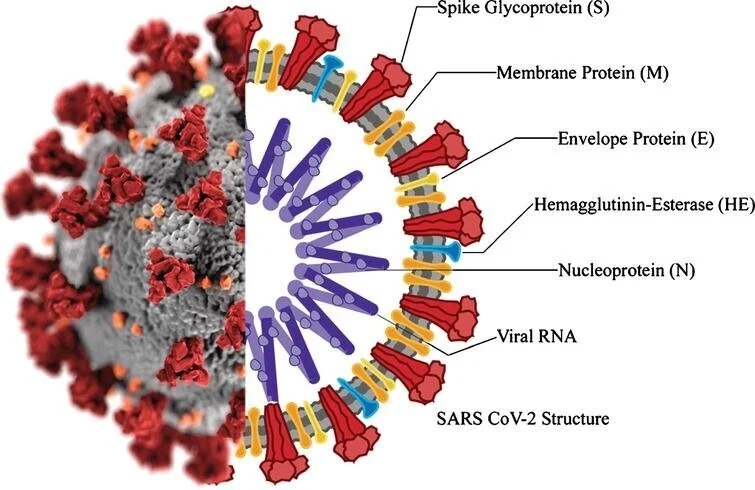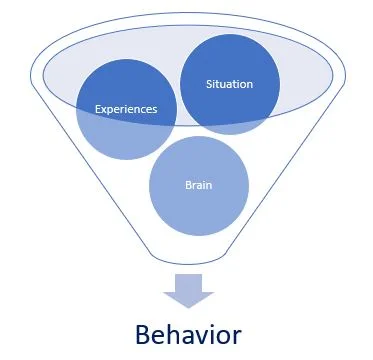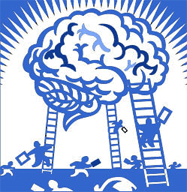Something on Your Mind?
It can be easy to feel like something is wrong with your brain, or a loved one’s.
Perhaps you can’t get your life organized, and a friend tells you to investigate ADHD. Or perhaps you worry that a recent time when you just couldn’t think of a word might have been an early sign of dementia. Perhaps a loved one has had a brain injury, but you are not sure how it is has really affected them. You just know they are not the same.
This Is Where Neuropsychology Comes In
Neuropsychology is the study of how our brain relates to our behavior. As neuropsychologists we study a person’s thinking skills and behavior to determine if there is something to these worries. We explore a person’s strengths and weaknesses to help them gain insight about their brain. The goal is to help protect it, strengthen it, and thrive.
How Neuropsychology Works
You may have seen one of phrenology models before. Unfortunately, it’s not this simple.
One of the best ways to learn how your brain is functioning is to see a neuropsychologist. A clinical neuropsychologist is a licensed psychologist who has obtained further training and specialization in brain functioning, allowing us to better understand and treat conditions that involve both the brain and behavior.
We conduct testing to determine an individual’s pattern of strengths and weaknesses in attention and concentration, learning and memory, language skills, and judgment and reasoning and other cognitive skills. The tests are noninvasive and mostly verbal or paper and pencil. A subject might be asked to solve puzzles or remember a story. Neuropsychological testing does not involve needles or cause hurt or discomfort. Depending on your condition we may or may not use computer-based tests.
Once you finish testing, we compare the results to your peers, other people of your age and education. We call this data norms, or normative data, and it lets us see how your performance relates to everybody else. Yes, your brain slows down a bit as you age, but that doesn’t mean you have dementia. We compare you to other people your age for that reason. This can help us understand how you learn and identify the types of problems that are holding you back. Analysis of your patterns of performance, along with consideration of medical history and life story can help us understand what is occurring, including what your condition is or what might be holding you back.
Then we get to the important part.
Assessment is just one piece of the process, even if it is the part that everyone thinks about when they think of neuropsychological assessment. Once we assess you, we make recommendations to help you. Good recommendations should be thorough and wide-ranging. We might teach you some new ways of learning or remembering information, or we might suggest breathing techniques that can help overcome test-taking anxiety. We will make recommendations about further education and support for you and family members, and we will discuss how you can adapt your environment to be more efficient and successful. One hint, if you make a place where you always leave your keys or purse, like a bowl on your dresser, you are going to be a lot less likely to lose them. Think an assessment might help you or someone you know, feel free to contact us at insightneuropsych.com today and learn how we can help!
How
Neuropsychology
Helps
1. Neuropsychological assessment is the best way to measure how your brain’s functioning affects YOU. Although MRIs and other brain scans are important, none examine a person’s actual thinking abilities.
2. Neuropsychological assessment determines what abilities are truly impaired, by using standardized tests to compare your actual performance to your peers. It is also the most systematic method for monitoring a person’s condition over time to determine if treatment changes are needed.
3. Neuropsychological assessment assists diagnosis, by identifying patters of performance that are characteristic of certain conditions. It also detects subtle impairments that can cause later problems as people return to their regular activities. This can help target problems that still need to be worked on.
4. Neuropsychological assessment provides treatment recommendations that are tailored to you to help you be more successful. The goal is to help you improve weaknesses or better compensate for them.
When Should Neuropsychological Assessment Be Sought?
If you struggle with concentration or memory or it has held you back at times, an assessment may help to clarify the issues and suggest how you can address them.
If you notice a change in mental functions (such as memory, reasoning, or attention) in yourself or someone else that is affecting the person’s ability functional skills (like forgetting to pay bills or how to use a cell phone), it is time to seek an evaluation to clarify and confirm the difficulties.
It is especially important in the first few months following a brain illness or injury, as treatment is most effective when it occurs soon after the change in functioning.
Interested in Learning More, or Want an Assessment?
At Insight Neuropsychology we provide personalized assessment and treatment services to promote cognitive health and well-being. We help you learn about how your brain is functioning, as INSIGHT is the first step in improving your mental functions.
Our psychologists have served Ventura and Santa Barbara Counties since 2003. We have experience working in hospital settings, with school settings from elementary to university, and with neurology and other medical specialties.
